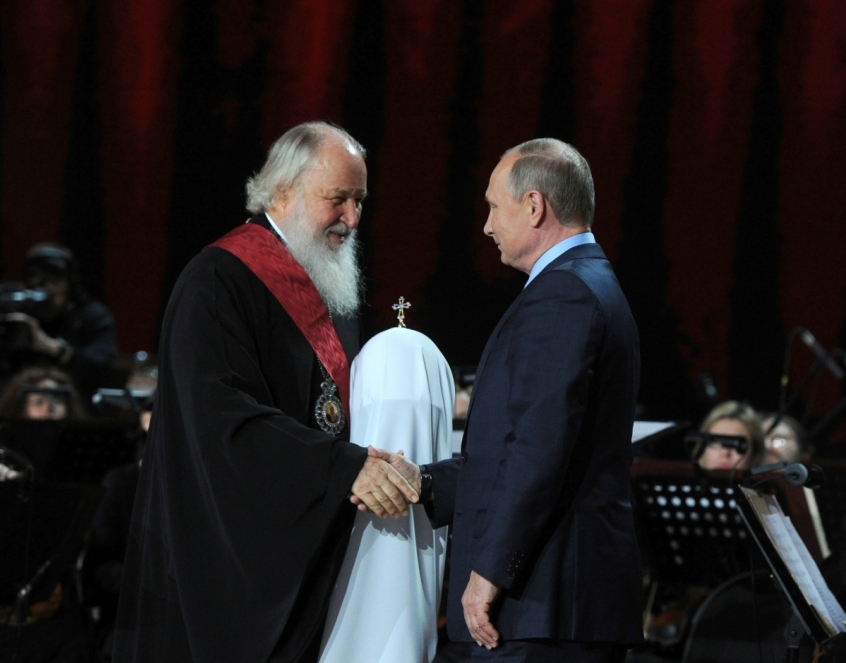Almost half the world's countries favour a specific religion over other faith groups, new research has revealed.
More than 80 countries give preferential treatment to one religion either unofficially or through state-endorsed support, the study by the Washington-based Pew Research Center finds. While Islam is the most common state religion, Christianity is the most popular 'favoured' faith through unofficial benefits.

One in five countries openly adopt a state religion, the most common of which is Islam with 27 countries enshrining the faith into their constitution followed by Christianity which is established in 13 countries, nine of which are in Europe.
But Christianity gains most from unofficial support through legal, financial or other benefits. A further 40 governments offer preferential treatment to one religion and in 27 of these cases, the benefactor is a branch of Christianity.
For example in Russia the law lists Christianity, Islam, Judaism and Buddhism as the country's 'traditional' religions, while highlighting the 'special contribution' of Russian Orthodox Christianity to Russian history.
The report says: 'In some cases, state religions have roles that are largely ceremonial. But often the distinction comes with tangible advantages in terms of legal or tax status, ownership of real estate or other property, and access to financial support from the state. In addition, countries with state-endorsed (or "established") faiths tend to more severely regulate religious practice, including placing restrictions or bans on minority religious groups.'
It adds: 'In a few cases, a country's official religion is primarily a legacy of its history and now involves few, if any, privileges conferred by the state. And a few other countries fall at the other end of the spectrum, making their official religion mandatory for all citizens.
'Much more frequently, however, states with official religions do not make the religion mandatory, but do give it more benefits than other religions, and those states typically regulate other religious groups in the country.'
But despite relatively high levels of government-endorsed religion, the majority of countries have no official or preferred religion. However the research stresses: 'It is not necessarily the case that these countries avoid any promotion or restriction of religious practice.
'France, for instance, has no official or preferred religion, but it did have a "high" level of government restrictions on religion in 2015, according to Pew Research Center's ongoing research on global religious restrictions.'
A small minority of countries such as China, Cuba and North Korea are actively hostile to faith, according to the report, which highlights China's one-party system as having a 'heavily restrictive or even hostile state relationship with religion, strictly regulating and monitoring religious institutions'.













